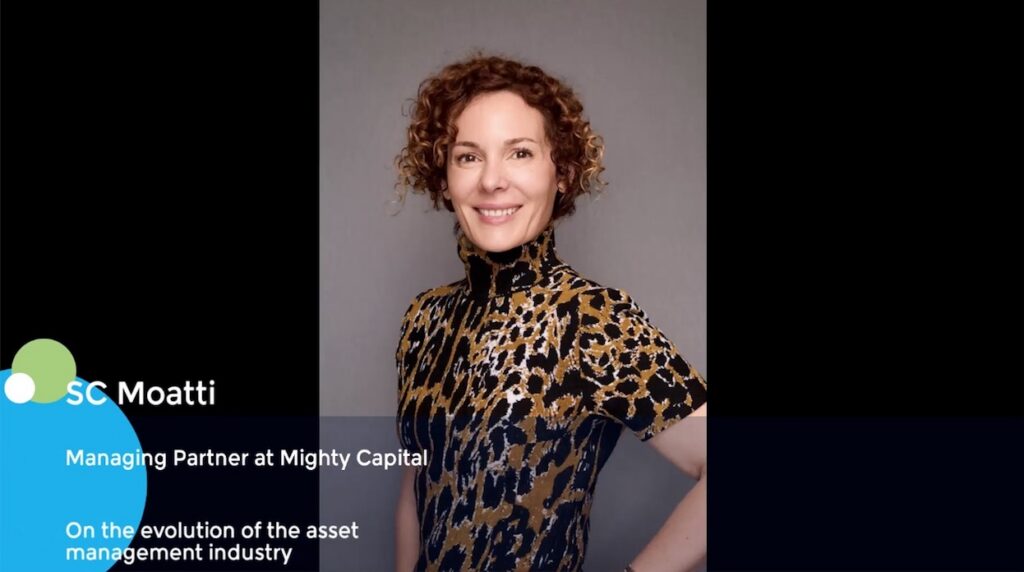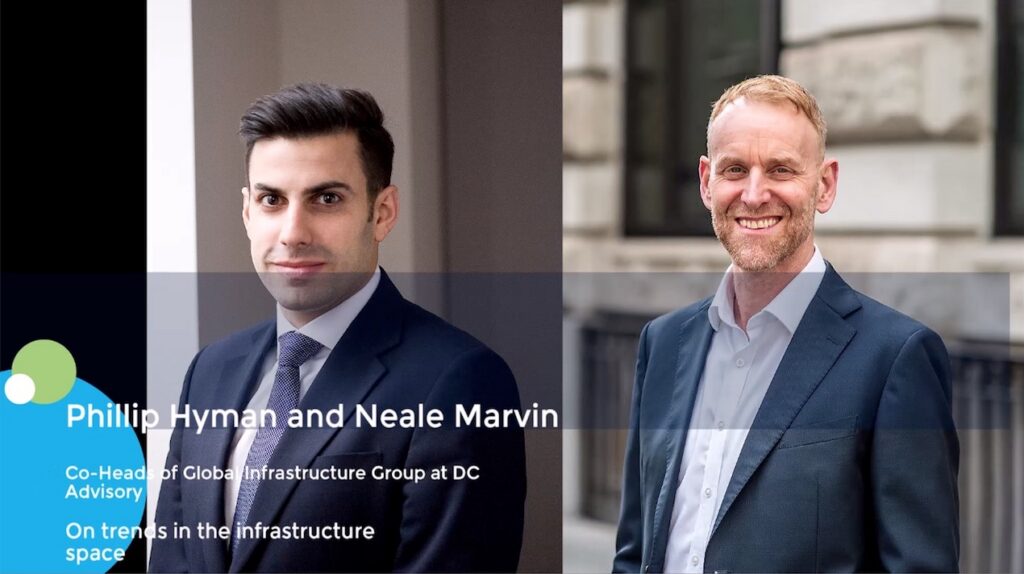GP Profile: VSS Capital taps lower mid-market founder partnerships via hybrid equity and credit strategy
- Invests in founder-owned entrepreneurial companies to build M&A platforms
- Sees outsourcing to cloud as key growth driver in digitization shift
- Current USD 530m fund has made nine of anticipated 15-16 deals
The team behind VSS Capital Partners, a New York-based buyout firm, came of age in the early 1980s as an investment bank advising such storied LBO shops as Forstmann Little and KKR [NYSE:KKR].
But unlike other buyout shops of that age that grew to forge multi-billion dollar deals, VSS found that bigger is not necessarily better and that high returns can be generated in the lower middle market, according to managing partner Jeffrey Stevenson, who founded the buyout arm of what was then known as Veronis Suhler & Associates in 1987.

Jeffrey Stevenson, managing partner at VSS Capital Partners.
With some USD 4bn in committed capital, the firm has transitioned from focusing on the fragmented media industry – a staple of Veronis Suhler – to becoming a go-to shop for founder-owned entrepreneurial companies looking to raise growth capital and build via acquisitions, said Stevenson.
Since its founding in 1987, the firm has invested in 99 platform companies, which have completed more than 600 add-on acquisitions, with an aggregate enterprise value of more than USD 13bn, according to its website.
VSS now focuses on three sectors: healthcare, educational services and business services. It typically acquires companies with EBITDA of between USD 3m to USD 15m with a target investment value of USD 20m to USD 50m. Unlike typical buyout firms which seek to buy companies outright, VSS typically wants the founders to stay involved following a deal.
“The entrepreneur has to have a meaningful stake in the business,” he said of potential lower-middle market companies seeking investment. “We help to turn their companies into larger platforms and grow them to the scale where they are able to make acquisitions.”
Broad deal sourcing network
VSS taps a large network to find new companies, typically buying into three or four a year and exiting at the same rate, he said. With a staff of 30 people, including 20 on the investment side, it taps a robust US business landscape that includes more than 700 boutique investment banks, attends myriad industry conferences, and reaches out to companies, among other outreach means, he said. Last year the firm saw over more than 600 potential deals, he added.
“There are tens of thousands of these kinds of companies out there,” said Stevenson, referring to founder-owned businesses looking for capital and professional advisory resources to grow organically and through acquisitions. “Typically, they don’t want to sell control, but need capital for growth. With an investment from VSS, they can often keep control and sell in five to seven years.”
“Some know exactly what they want to buy and may have an add-on investment teed up, whereas some may never have made or have [had] experience with an acquisition,” he said.
Equity and structured credit
VSS is somewhat unusual in that it has raised four credit funds to work alongside its four equity funds, said Stevenson. The firm transitioned to deploying capital via one hybrid strategy, its Structured Capital funds, in the mid-2000s. The firm looks to provide an optimal capital structure for companies it looks to acquire, he said, calling it a “structured capital strategy with a blend of equity and debt.”
The executive declined to disclose whether it is raising additional capital, citing regulatory restrictions, but said it has invested in nine companies via its latest private equity fund. VSS Structured Capital Fund IV held a final close in December 2022 of USD 530m, exceeding its target of USD 400m, according to a press release. The firm typically makes 15-18 investments per fund, he said.
While high interest rates and higher financing costs are sometimes blamed for a sluggish M&A deal environment, Stevenson said the firm is positioned to weather the impact with its flexible credit and equity deal strategy. But it also has a silver lining. Higher financing costs have driven down company valuations, he noted.
Strong returns
VSS typically sells to larger PE firms or strategics, but not through initial public offerings (IPOs), he said. Many of its portfolio companies are too small for the IPO market, he said.
The strategy has paid off. The firm last year sold its stake in GreenSlate Holdings, a cloud-based payroll and accounting firm, to Francisco Partners for an undisclosed sum, while re-investing in the company “for its “next phase of growth,” according to a press release. Stevenson declined to provide investment returns, but VSS generated a 10x return on its original GreenSlate investment, according to a source familiar with the situation.
Also, in February 2023, VSS sold a partial stake in Really Great Reading (RGR), a pre-K to high school education content provider, to Vistria Group for an undisclosed price, while also retaining a stake in the business. VSS declined to disclose returns, but the same source said VSS generated a six-times return on the RGR investment.
Also last year, VSS sold a stake in Quatrro Business Support Services, a tech-enabled outsourcing firm, to Roark Capital for an undisclosed price, which the same source said generated an 8x return for VSS.
VSS’ three sectors of focus are healthcare, education and business services, but they all share a common theme: the increasing digitization of business away from paper-based operations, said Stevenson. In its portfolio companies, VSS looks to find ways to outsource as many operations as possible to cut costs and raise returns, he said.
“Some of our companies are transitional businesses that started out as print-based but are moving to software,” he said.
By outsourcing in-house operations to cloud-based solutions, “these functions become less costly, which is part of the [value creation] driver.”
While many private equity firms look to generate higher returns with ever-larger deals, VSS intends to stay in the lower middle market. “We can have much more impact on companies,” he said. “It’s exciting to work with entrepreneurial businesses and we believe you can get higher IRRs as a percentage of returns.”
It uses Ropes & Gray and Proskauer Rose as its primary legal advisors for both deals and fund formation, the executive said.











